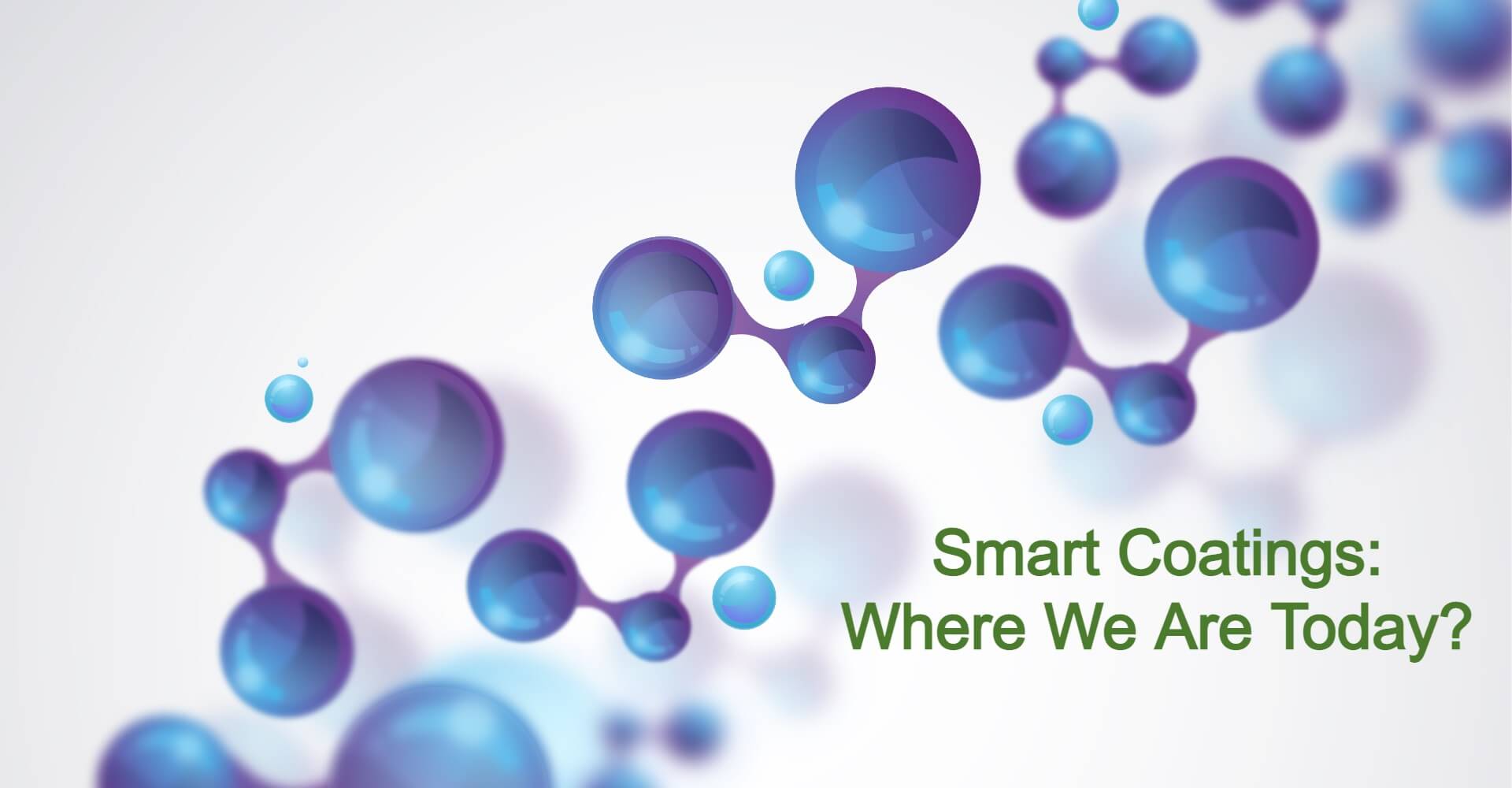Smart Coatings: Need of the Hour And Race To Capture the Top Position In Global Market
Smart coatings combine functionality with design to offer the usual functions of coatings, such as protection and decoration, as well as unique functions based on environmental concerns. Smart coatings have gained recognition in material sciences, colloidal chemistry, biomedical sciences, and polymer chemistry due to the inherent properties and chemistry they possess on modification. They are formulated to contain both passive and active components so that on an application the benefits of its prompt response based on the required stimuli can be achieved. Smart coatings are creatively prepared for diverse applications and there is desirability in being able to respond to several cycles over many years. Coatings self-healing and self-repair properties make them suitable for corrosion protection, material protection and other surface improvement applications.
The coatings are categorized according to functional components, fabrication methods, their application and more. Smart coatings are used by the end-use industries based on their functions. There are six major functions of smart coatings, namely anti-microbial, anti-corrosion, anti-icing, anti-fouling, self-cleaning, self-healing, and others such as self-dimming, electrochromic, anti-drag, smart skin, color-shifting and camouflage coatings. Smart coatings can improve a system’s efficiency by reducing inspection times, maintenance costs and equipment downtime. Smart coating also results in a reduced need for repairing corroded areas in addition to extending the life of components and structures made from corrosive materials. Other advantages include their ability to detect and prevent corrosion, on-demand delivery of corrosion inhibitors and being environmentally friendly.
From the use of micro- to nanoparticle formulations, as well as combinations of organic and inorganic phases, smart coatings have exhibited superior properties in comparison to the traditional coatings. The use of materials at the nanoscale has contributed immensely to the enhanced performances of smart inhibiting materials compared to the micro- and macroparticles. Many of the smart coatings contain metal and metal oxide nanoparticles which provide various functional properties and enhanced performance. Their hybrid nanoparticles are expected to produce the multifunctional coatings.
Smart coatings are widely used in medical, military, textile, transport, construction, electronics and other industries for protection against corrosion and abrasion, as well as other surface protection purposes. Anti-corrosion smart coatings provide added protection to metal surfaces and inhibit the contact between chemical compounds or corrosive materials. These coatings act as a barrier against corrosion of substrates that are frequently subjected to high temperature and harsh corrosive conditions.
In the automotive and transportation industry, anti-corrosion smart coatings are used for fasteners, body hardware, door closure, lock parts, exhaust, suspension, engine components, clamps and hose connections, and for making vehicles scratch-free. Point to be noted here is that end users of smart coatings prefer those products that provide smart functionality, better weather resistance, high performance, improved productivity and increased service life of the component; reduce maintenance costs; along with ease of application and easy cleaning. All these performance based functionalities have created scope for a lot of new innovations and technologies to capture the ever growing global coating market.
Don't forget to checkout this expert recommended online training: Formulation Techniques For Developing Smart Coatings For Enhanced Performance

